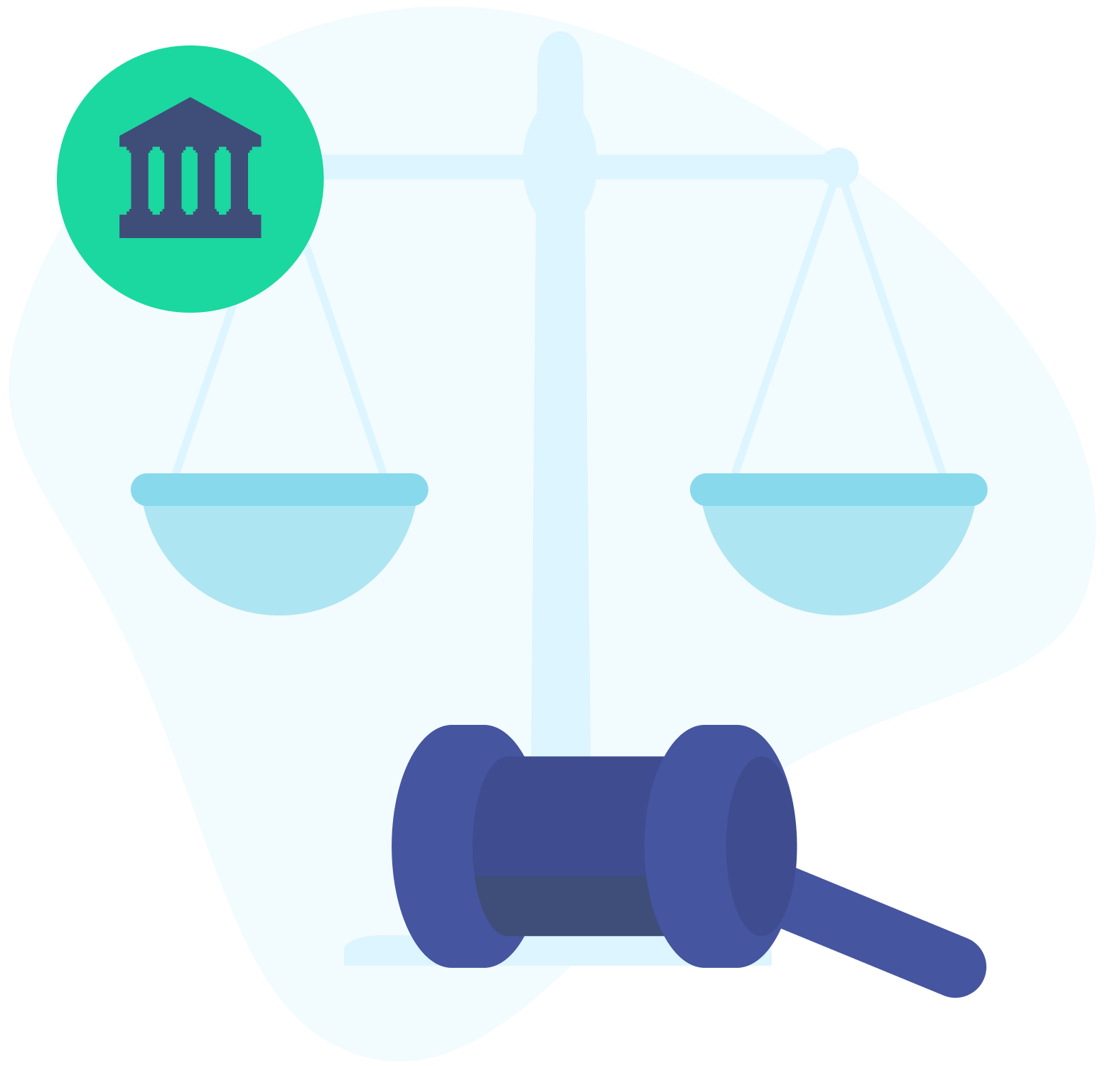Whether you’re in law school, studying for the bar exam, already practicing law, or just exploring a new career path, a specialization in privacy law can be both rewarding and exciting. Plus, privacy professionals continue to be in high demand.
A privacy attorney helps organizations comply with privacy laws and regulations. They are experts in the ever-evolving legal landscape surrounding privacy and advise on a wide range of issues.
So, what does a privacy attorney’s day-to-day look like, how much do they make, and what’s required to become a privacy attorney? We’re glad you asked. Read on to find answers to these questions, and more.
A Day in the Life of a Privacy Attorney
As a privacy lawyer, you will typically take on more of a consultant or advisory role, as well as provide advice on contractual provisions and other transactional matters. While privacy is typically considered a transactional type of legal practice, that is not to say you will never see the inside of a courtroom. Data breaches, for example, often result in significant follow-on litigation.
The day-to-day responsibilities will look similar to other privacy professionals, including consultants and Data Protection Officers. The focus of a privacy attorney, however, will be on providing guidance related to legal compliance. Those responsibilities will require you to:
- Have a deep understanding of privacy laws and regulations, such as the GDPR and CCPA, and closely monitor regulatory changes, industry trends, and emerging technologies.
- Advise your organization on how to comply with privacy laws and regulations, including best practices for data collection, storage, and sharing.
- Develop and draft privacy policies, terms of service, and contracts for your organization.
- Provide legal guidance in response to certain needs and issues, such as privacy impact assessments and regulatory compliance audits, international data transfers, and the requirements for data breach notifications.
- Collaborate with privacy analysts and communications teams within an organization to develop an action plan should a data breach occur.
- Develop and implement security measures, including policies and procedures that address certain threats, alongside technology professionals.
- Represent your organization in court should privacy disputes or misconduct occur.
Your exact title, level of experience, and the industry in which you’re employed will impact your day-to-day responsibilities. In addition, whether you work internally at an organization or play an external advisor role will impact the nature of your relationship with the organization, where you work, and your salary.
Salary for Privacy Attorney Jobs
The salaries we’re going to look at in this section come from a 2023 IAPP Salary Survey, in which more than 1,400 international privacy professionals responded.
An in-house privacy lawyer, or someone who is employed directly by an organization to provide legal support, makes an average base salary of $174,700 (USD). An external privacy lawyer, or someone who is employed by a third-party law firm, earns an average base salary of $200,800 (USD).
Beyond the differentiation between internal and external, there are other factors that could impact your salary, including the size of the organization you work for, your location, experience level, and whether you hold any privacy certifications.
How Do You Become a Privacy Attorney?
If you like what you’ve read so far, this section is important. What steps should you take to become a privacy attorney?
To begin, as a regulated industry, attorneys must obtain the license necessary to practice law. In most countries, this will first require obtaining a law degree. During law school, it’s recommended you take classes focusing on privacy law and find internships that can help hone your skills in this specialty.
Privacy Certifications for Lawyers
Privacy certifications are often listed as preferred or required in a privacy attorney job description.
The IAPP, formerly the International Association of Privacy Professionals, is a well-respected, privacy-focused community and resource offering globally recognized credentialing programs in privacy.
The IAPP’s Certified Information Privacy Professional (CIPP) designation is likely to be the certification you come across most frequently in privacy law. Having the CIPP designation on your resume demonstrates your deep understanding of privacy laws and regulations, and how to apply them. There are jurisdiction specific certifications that cover laws in the United States (CIPP/US), the European Union (CIPP/E), and Canada (CIPP/C), among others.
Some privacy lawyers go beyond the CIPP, earning multiple IAPP certifications. These could include the Certified Information Privacy Manager (CIPM), Certified Information Privacy Technologist (CIPT), or the Artificial Intelligence Governance Professional (AIGP).
Privacy Law Specialists
For those practicing in the United States, the American Bar Association (ABA) allows attorneys to ethically represent themselves as a “specialist” only in certain practice areas. Privacy happens to be one of those areas. And to ethically represent yourself as a privacy law specialist, you will need to obtain both the CIPP/US certification, along with either the CIPM or the CIPT certification. We break down the details of being a Privacy Law Specialist in this article.
Before sitting for a privacy certification exam, you’ll need to put in dozens of hours of studying and preparation. At Privacy Bootcamp, we offer comprehensive, self-paced courses for IAPP certification exams that include e-textbooks, practice exams, and study tools.
Conclusion: What Does a Privacy Attorney Do?
Simply put, as a privacy attorney, your job will be to help organizations comply with privacy laws and regulations. Whether working internally at an organization or externally in more of an advisory capacity, a privacy attorney is responsible for closely monitoring regulatory changes, industry trends, and emerging technologies. You will need to be more than just a transactional attorney; you will also be looked upon as an industry expert.
Being an industry expert—or obtaining the official designation as a Privacy Law Specialist—starts with obtaining the necessary privacy certifications from the IAPP. Obtaining certifications will help you become more marketable and achieve a higher salary, as you embark on the exciting and rewarding career as a privacy attorney.

